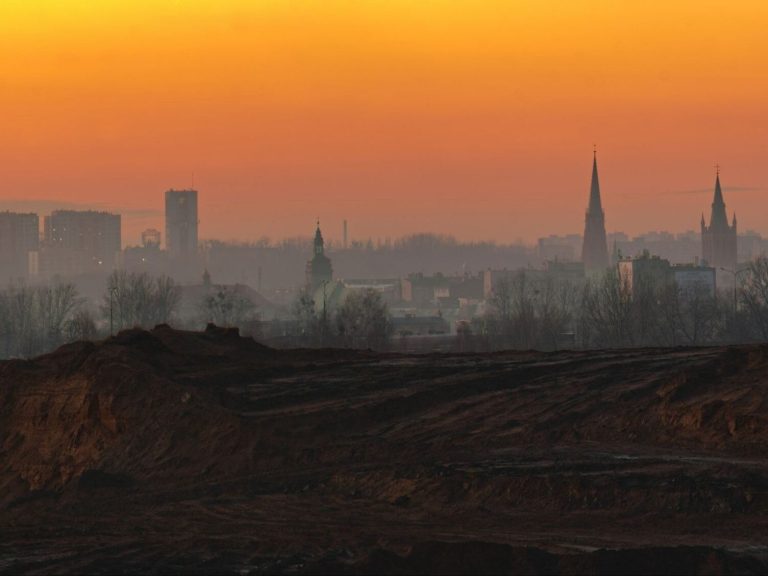The British government has agreed to extract oil and gas from the dormant field. Refutes criticism

This week, the British government approved the development of a huge oil and gas field in the North Sea, sealing its commitment to continue producing fossil fuels for decades to come. This decision aroused controversy.
The Rosebank field, located northwest of the Shetland archipelago in Scotland and majority-owned by Norwegian state energy company Equinor, is the largest undeveloped oil and gas field in the North Sea. It is estimated that there are 500 million barrels of crude oil there.
Consent to oil and gas extraction. The government is explaining itself
The British government’s decision has sparked controversy due to the impact of fossil fuels on climate change and the UK’s ability to meet its commitment to reduce net greenhouse gas emissions to zero by 2050. It is estimated that oil and gas extraction from Rosebank will emit 200 million tonnes of carbon dioxide into the atmosphere.
The British government explains that it is investing in renewable energy, but it is not possible to abandon fossil fuels overnight, so it is better to use its own resources than to import oil and gas. “The jobs and billions of pounds it (Rosebank) will bring to our economy will enable us to become more energy independent, making us more secure from tyrants like Putin. We will continue to support the UK’s oil and gas industry to strengthen our energy security, grow our economy and enable the transition to cheaper, cleaner energy – argues Claire Coutinho, Minister of Energy Security.
Critics, however, point out that 80 percent crude oil produced in the UK is exported.
Delays in climate commitments
CNN points out that the British government’s decision came a week after Prime Minister Rishi Sunak announced delays in making key climate commitments, including a five-year postponement (from 2030 to 2035) of the ban on the sale of new cars with petrol and diesel engines, or a slowdown plans to phase out gas boilers.






